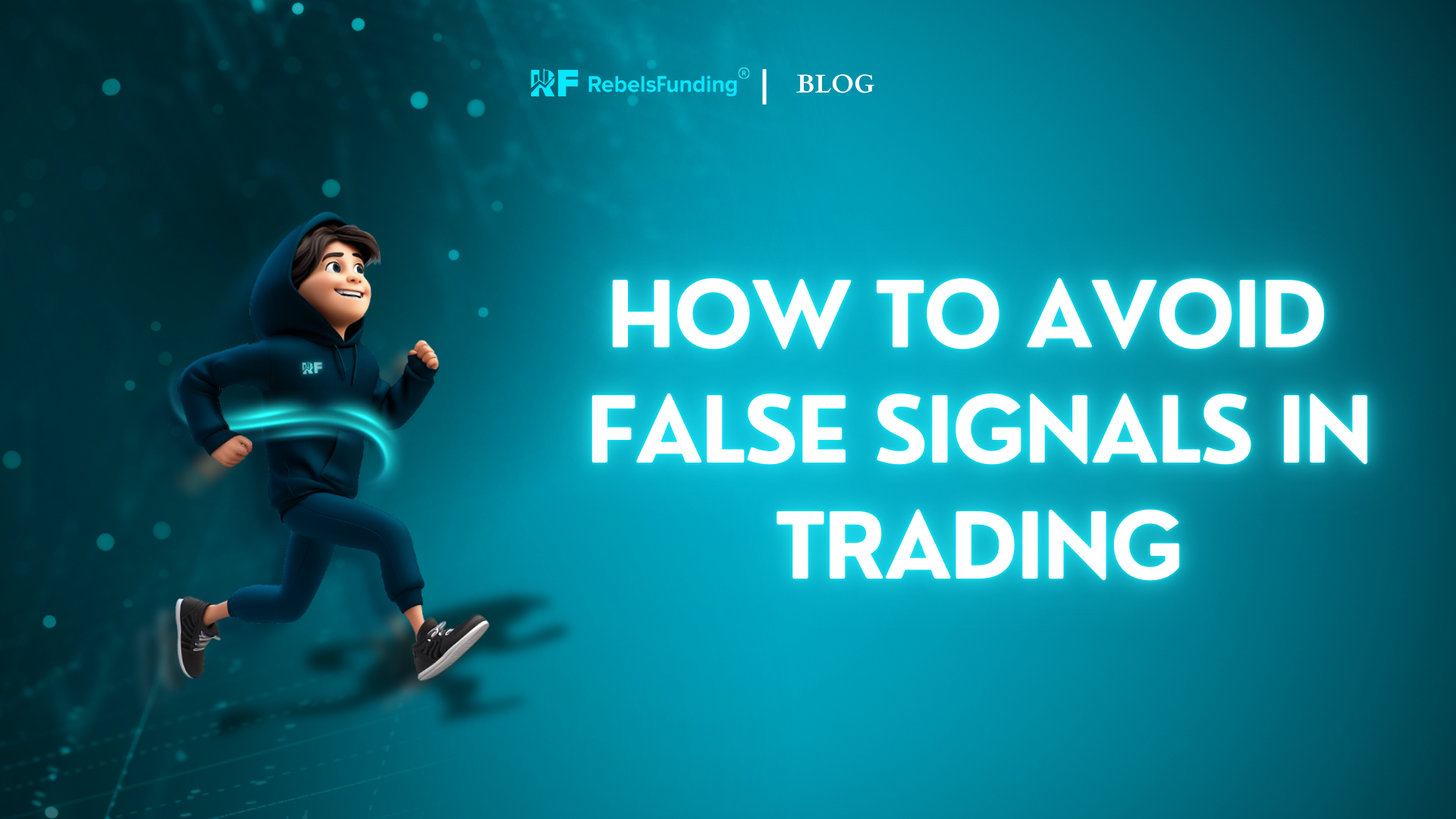How Information Overload Destroys your Forex Trades

Consuming too much information for forex market prediction often results in issues like analysis paralysis, emotional burnout, confusion and weak decision-making ability.
Let’s take a closer look at how constantly feeding on unchecked influx of news, limitless opinions, and overwhelming number of indicators can cloud your speculative accuracy and limit growth:
Market Analysis Paralysis
When you take in excessive amounts of data, you may struggle/hesitate to take action.
This situation pushes you to continuously search for confirmation, over-examine charts out of the fear that you may be missing an important detail or piece of information.
And as a result, you miss profitable opportunities or enter trades too late.
Emotional stress & poor decision-making
Trading requires a calm and rational mindset. Excess info implementation disrupts this ideal mental atmosphere.
It increases trading stress and anxiety.
When you become dominated by emotions, your tendency of overtrading, chasing losses, or exiting trades prematurely becomes heightened.
Trading Strategy dilution
Data overload can dilute your trading method by introducing unnecessary variables.
When you are exposed to too many trading techniques, you may find yourself constantly modifying your approach (which can lead to inconsistent results).
For example, a trader who primarily relies on moving averages may read about Fib retracements and jump in to incorporate them without fully understanding their implications.
This kind of haphazard behaviour can impede you from attaining consistency (or expertise) and damage your trading confidence.
It can reduce the reliability of trade signals and increase the likelihood of losses.
How to reduce or filter market noise
To prevent information fog when trading, it is important you adopt a disciplined approach to the quantity of your data intake.
Here are some practical steps to maintain clarity and focus:
1. Limit your news consumption
Although staying updated is helpful, using excessive news can be harmful.
You want to stick to reliable sources and scheduled updates rather than incessantly checking market news.
Economic calendars and key reports are often sufficient for making informed speculations without overwhelming yourself.
2. Simplify your trading strategy
Avoid overcomplicating your trades with too many indicators or conflicting methods. Choose a simple, effective (backtested) technique and master it.
You want to adhere to a structured plan to minimise confusion.
3. Ignore unnecessary perspectives
Not every market analysis is useful. Don’t get distracted by every new forecast or prediction.
Trust your research and system. Refrain from seeking too much external validation or “confirmation”.
4. Schedule your market examination time
Set specific times to analyse the market rather than reacting to every price movement throughout the day.
Structured trading hours help prevent impulsive decisions and promote a disciplined approach.
5. Focus on quality over quantity
It is better to deeply understand a few key indicators and news events than to skim through vast amounts of data.
Prioritise meaningful info that aligns with your trading approach.
N/B: In trading, knowledge is valuable, but clarity and (self) control are the real paths to success.
FAQs
1. How much information is considered too much?
This is subjective. Superfluous info could be said to be when your analysis makes you second-guess most of your assessments.
2. How do I know if data over-consumption is affecting my trading?
Signs may come in different forms and shapes; hesitation before entering trades, too much chart-watching, constantly switching techniques, feeling mentally drained, and struggling to make confident judgements.



